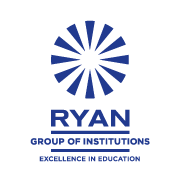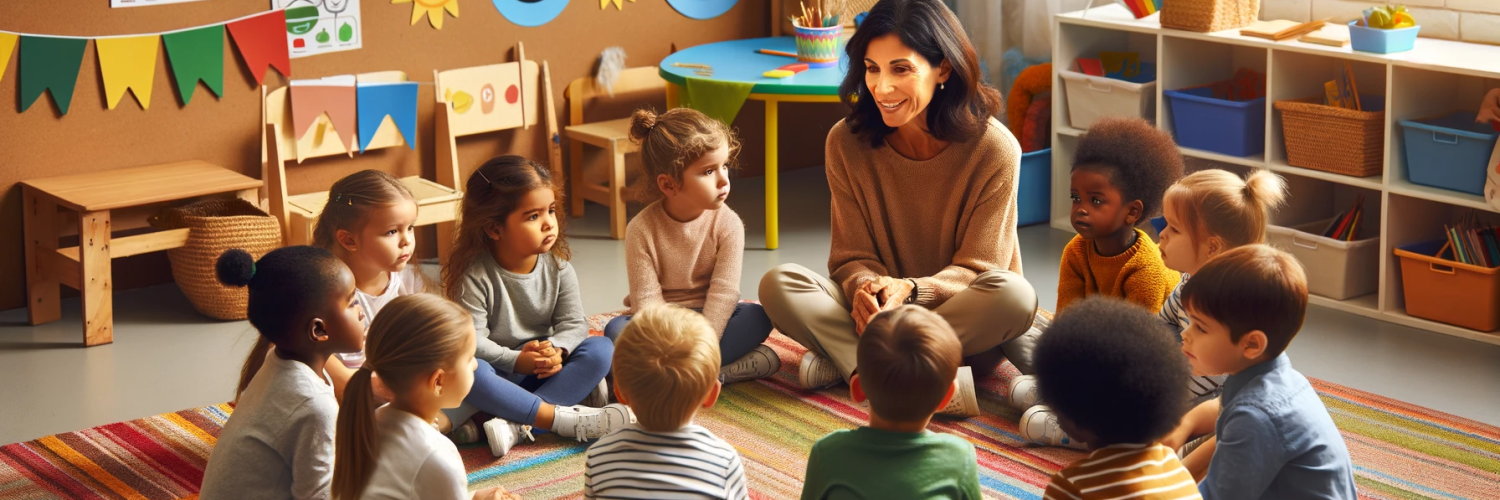SEL in the Indian Education System
In India, where the focus has traditionally been on achievements in education the integration of SEL represents a progressive approach towards a more holistic learning environment. Incorporating SEL into education goes beyond simply adding new modules; it involves seamlessly weaving these skills into everyday learning experiences. This requires an understanding of the challenges faced by Indian children and tailoring SEL practices to effectively address their needs.
In our exploration of this subject matter we will delve into how SEL can be integrated into early childhood education with an emphasis on emotional intelligence development & integrating it within the curriculum framework promoting mental well-being, among students and utilizing appropriate assessment tools.
Each of these components plays a role in ensuring that Social Emotional Learning (SEL) goes beyond being just a theoretical concept and becomes a practical and advantageous aspect of every Childs educational journey in India.
Incorporating Emotional Intelligence into SEL
Emotional Intelligence (EI) lies at the heart of Social Emotional Learning (SEL). It pertains to our ability to recognize, understand and manage our emotions as well as perceive, comprehend and influence the emotions of others. In the context of childhood development nurturing EI is crucial as it sets the foundation for how children engage with their peers resolve conflicts and navigate their emotional landscape. In India, where diverse social norms and values hold influence EI becomes even more vital. It assists children in comprehending and respecting perspectives while fostering empathy and social awareness from a tender age.
Strategies for Integration in Early Childhood
The integration of EI into early childhood education, in India surpasses mere lessons or activities; it revolves around creating an atmosphere wherein emotional awareness and expression are genuinely valued and encouraged. Here are some approaches that can be utilized;
- Teaching with Emotional Sensitivity; Educators can demonstrate intelligence by being aware of their own emotions and responding empathetically to children’s emotions. This approach sets an example and creates a safe environment for children to express themselves freely.
- Engaging Interactive Activities; Including games and activities that prompt children to identify and discuss emotions helps make the learning process more interesting and relatable. Role playing, storytelling and group discussions can be particularly effective in this regard.
- Involvement of Parents; Parents play a role in fostering emotional intelligence. Schools can organize workshops. Provide resources to help parents understand the significance of emotional intelligence and how they can support its development at home.
- Culturally Relevant Curriculum; The curriculum should reflect the cultural backgrounds of Indian children by incorporating stories, examples and scenarios that they can connect with personally.
By implementing these strategies schools can ensure that emotional intelligence becomes a part of early childhood education laying the foundation for well rounded individuals who are empathetic and emotionally aware.
Integration of SEL into the Curriculum, for Implementation
Seamlessly integrating Social Emotional Learning (SEL) into the existing curriculum poses challenges that require careful planning and execution especially within India’s diverse educational landscape.
To effectively integrate emotional learning (SEL) principles it is important to incorporate them into everyday classroom activities rather than treating them as separate lessons. By doing SEL becomes an integral part of the learning experience consistently reinforcing its principles.
For instance during literature lessons teachers can facilitate discussions about the emotions and motivations of characters relating them to real life situations. In science classes students can explore the connection between emotions and physical well-being gaining an understanding of human biology. Even math and problem solving activities can be designed to promote teamwork, patience and emotional regulation.
In India there are progressive schools that have successfully embraced the integration of SEL into their curricula. These schools have implemented approaches such as;
- Project Based learning; assigning projects that involve group work not only teaches academic content but also fosters collaboration, communication and conflict resolution skills. All essential aspects of SEL.
- Mindfulness Practices; Incorporating mindfulness exercises and reflection activities throughout the school day helps students develop self-awareness and regulate their emotions.
- Community Engagement Projects; Involving students, in community service or social projects cultivates empathy, social responsibility and a sense of belonging to the world.
- Teacher Training Programs; Teachers undergo training not in academic subjects but also in the principles of Social Emotional Learning (SEL) enabling them to effectively integrate these skills into their teaching methods.
These examples demonstrate that when SEL is seamlessly incorporated into the curriculum it not enhances the learning experience but also equips students to navigate the emotional and social challenges they may face in the real world.
Addressing Mental Health through SEL
SEL as a Tool for Promoting Well being
The connection between Social Emotional Learning (SEL) and mental health is gaining increasing attention within early childhood education. SEL equips children with the tools to understand and manage their emotions cope with stress and navigate complex social situations. These skills are crucial for maintaining mental health. In India, where discussions on health are just beginning to emerge in mainstream conversations integrating SEL into early childhood education becomes a proactive step towards fostering a mentally healthy generation.
Practical Approaches, for Educators and Parents
- To effectively address health through SEL it is important for both educators and parents to be involved. Here are some practical approaches that can be implemented;
- Cultivating a Supportive Environment; Schools should create an environment where children feel safe and comfortable expressing their emotions.
- To promote well-being and support the mental health of young learners it is important to have open discussions about emotions encourage students to express their thoughts and show empathy and understanding.
Additionally incorporating activities that focus on skill development, such as stress management, resilience and self-regulation into the school routine can be beneficial. For example simple breathing exercises or mindfulness sessions can help children learn how to calm themselves
Parents also play a role in their child’s emotional and mental development. Schools can organize workshops. Provide resources to educate parents about Social Emotional Learning (SEL) and its impact on mental health. By encouraging parents to practice SEL principles at home they can further support their child’s growth.
Regular monitoring and support are essential in identifying children who may be struggling with health issues. Through assessments and observations schools can provide assistance such as counseling or customized SEL activities tailored to address specific needs.
By implementing these strategies SEL becomes more than just a tool for academic success; it becomes an integral component in nurturing emotionally intelligent individuals who are socially adept and mentally healthy.
In conclusion Social Emotional Learning (SEL) is an aspect of early childhood education that plays a vital role in fostering emotionally intelligent individuals, with strong social skills and good mental health.
In the context of education in India incorporating emotional learning (SEL) requires a comprehensive approach. We have discussed the significance of integrating intelligence into the curriculum seamlessly infusing SEL into everyday learning experiences and recognizing the crucial role SEL plays in supporting mental well-being. These strategies embody a view of education that prioritizes and nurtures the overall welfare of children.
Engaging the school community in SEL
The process of integrating SEL into childhood education is an ongoing and collaborative journey. It demands participation not only from educators and students but also from parents and the wider school community. Schools can foster this involvement by;
- Communication; Keeping everyone informed about SEL initiatives, progress and their impact through regular newsletters updates on social media platforms and parent teacher meetings can be effective ways to promote engagement.
- Community Events; Organizing events that involve parents and community members in activities related to SEL can encourage participation and learning. Workshops interactive sessions or community service projects are avenues for fostering this engagement.
- Involvement; Encouraging feedback from students, parents and teachers regarding SEL programs is crucial. Their perspectives are invaluable, in tailoring and enhancing these initiatives.
- Ongoing Learning and Professional Development; It is crucial to provide educators with training and opportunities to enhance their knowledge of social emotional learning (SEL) best practices and methodologies.
By implementing these measures schools can ensure that SEL goes beyond being a concept taught in classrooms and becomes an integral part of the overall school culture. Let us all commit to this journey ensuring that our children are raised in an environment where emotional intelligence, social skills and mental well-being are fostered alongside excellence.




